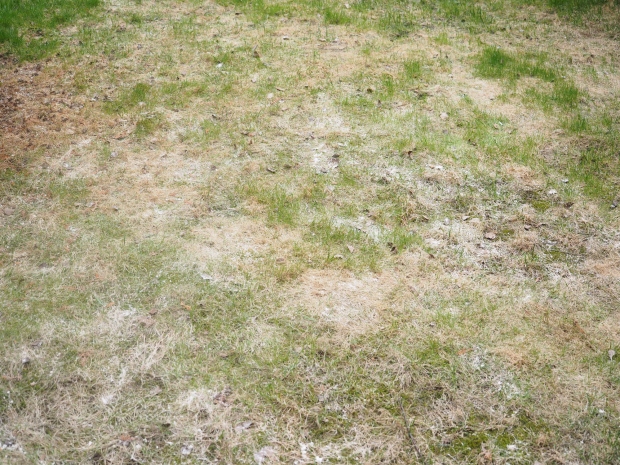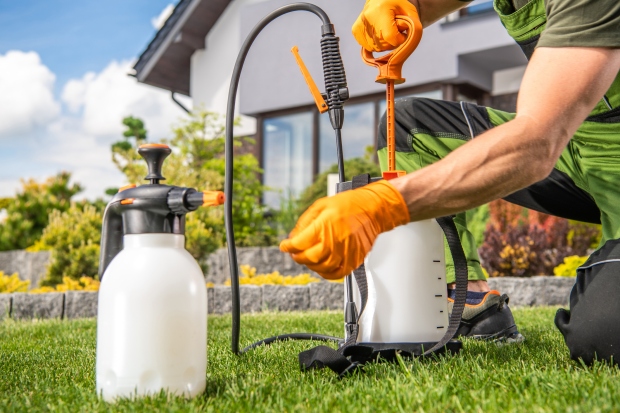Lawn Diseases and Infections to Watch Out For
Lawn diseases can quickly cause your once-glorious grass to die. Fortunately, many of these problems are preventable if you follow the correct maintenance routine. Likewise, if these problems have already arisen, they are treatable in most cases as well.
What Are the Most Common Lawn Diseases?
The initial step in dealing with lawn diseases is to learn about which ones are more common. As you care for your lawn, be on the lookout for these potential lawn diseases:
- Brown patch
- Powdery mildew
- Rust
- Red thread
- Summer patch
- Snow mold
- Fairy ring
- Pythium bligh
- Dollar spot

Many of these lawn diseases are fungi, and many of them result from the same conditions. So, let’s now consider the preventative measures you can take to keep your lawn disease-free.
How to Prevent Lawn Diseases
The greatest preventative measure you can employ to keep your lawn in fantastic condition is proper maintenance. Mainly, you’ll want to water your lawn on a regular schedule.

Overwatering is one of the most common reasons that fungal diseases occur, as these diseases love excess moisture. But while too much water can be a problem, so can watering at the wrong time. For example, if you water at dusk, you risk leaving your lawn wet for the entire night, which increases the odds of an infection.

You should also be sure not to cut your grass too short and to remember to fertilize your lawn. Following both those guidelines will keep your lawn healthy and strong throughout the season.
How to Treat Lawn Diseases
The most potent way to rid your lawn of disease is to use a fungicide. However, before you purchase a fungicide, you need to identify what kind of disease your lawn has. At times, you may need to consult a lawn care professional to diagnose your lawn’s disease.

After you identify which disease your lawn has, you should purchase a fungicide that is made to eliminate that specific disease. Some fungicides come in a spray form, while others are granular. It is best to apply these treatments during the summer months most of the time.
You can also find some organic lawn treatment options that are less harsh than the chemicals found in fungicides. Neem oil is one of the best of these organic options.